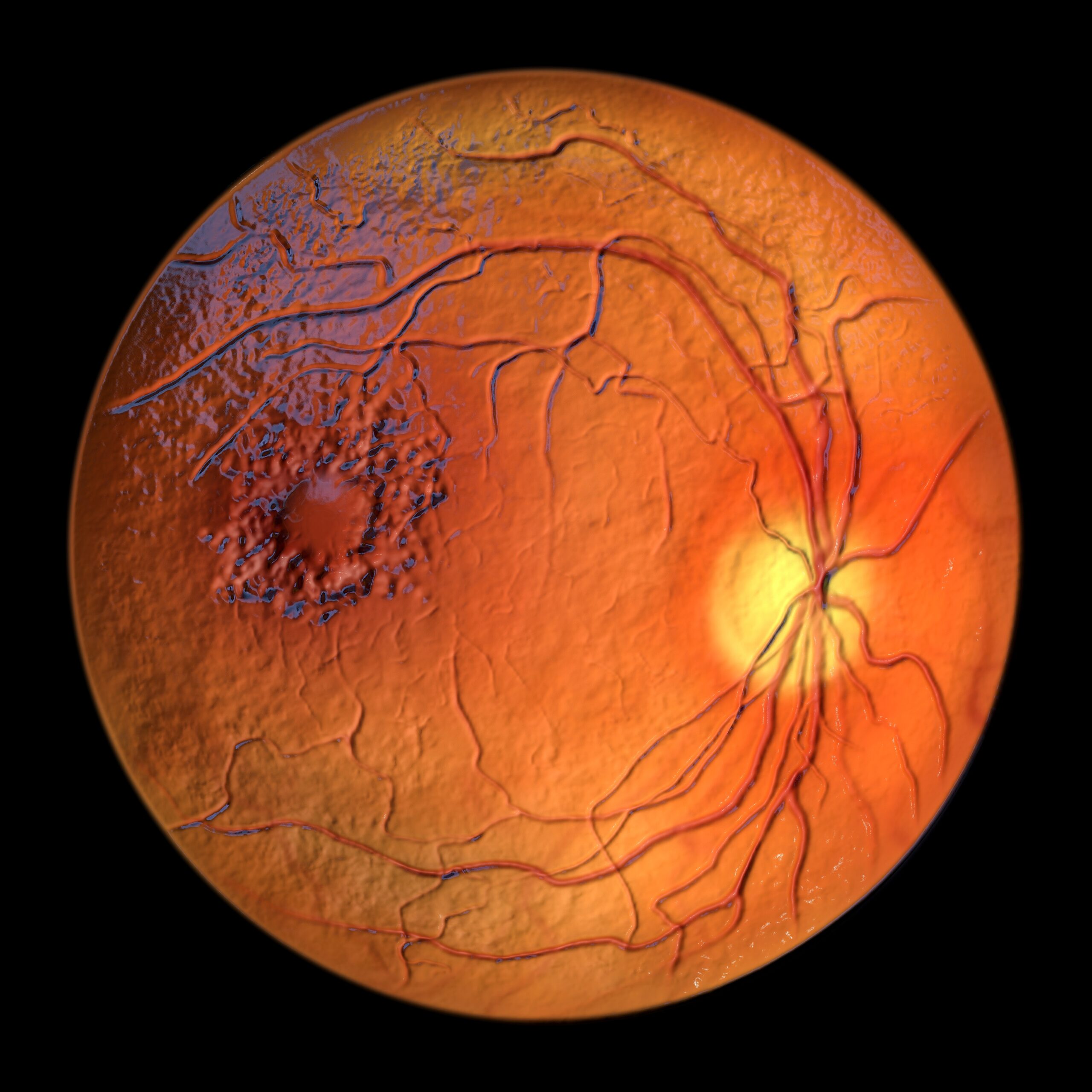What is Cystoid Macular Edema?
Edema is when a part of the body has swelling. Macular edema is when the macular is swollen and filled with fluid. When the macula fills with fluid because its swollen, it creates cyst-like pattern.
If you have cystoid macular edema, it affects your visual acuity, meaning your vision may no longer be as sharp as it once was. You may suffer from blurry or wavy vision, especially in the middle of your field of vision. You may also notice that colors look different or faded.

What Can Cause Cystoid Macular Edema?
Many things can potentially cause cystoid macular edema if your eye doctor at Georgia Retina diagnoses you with the eye condition. Known causes that can lead to cystoid macular edema include:
Although these things can increase your risk of developing cystoid macular edema, it is not a guarantee that you will. Each patient and their eyes are unique.
How Do Eye Doctors Diagnose Cystoid Macular Edema?
If your eye doctor thinks you may have cystoid macular edema, they will run tests to confirm it, which may include the following:
Optical Coherence Tomography (OCT)
Your eye doctor uses a non-invasive test to diagnose cystoid macular edema with OCT. Optical coherence tomography uses a special kind of light that creates a high-definition cross-section image of the tissues in your eye, including your retina.
OCT is often thought to be one of the best ways of diagnosing cystoid macular edema.
Dilated Retinal Exam
During a dilated retinal exam, your ophthalmologist will dilate your eyes, allowing them to see your retina and your macula. They will use a special lens to see these parts of the eye and identify any cysts.
Fluorescein Angiography
Fluorescein angiography is a form of diagnostic testing that uses a camera to see any leaking blood vessels due to cystoid macular edema.
These are the three most common ways of diagnosing cystoid macular edema. Your eye doctor may use one or all of these diagnostic tools.
How Do You Treat Cystoid Macular Edema?
If you have cystoid macular edema, it’s important to see your retina specialist to determine the cause. Knowing the cause of cystoid macular edema will make it possible for your doctor to choose the best treatment. At Georgia Retina, we have different treatment options for cystoid macular edema including eye drops, oral medications, and injections of medication into the eye.
We utilize anti-VEGF medications as well as anti-inflammatory medications such as steroids. Some steroids can be inserted in a slow release implant and can last up to 6 months or even 3 years. Regular follow up is crucial for your eye health.
